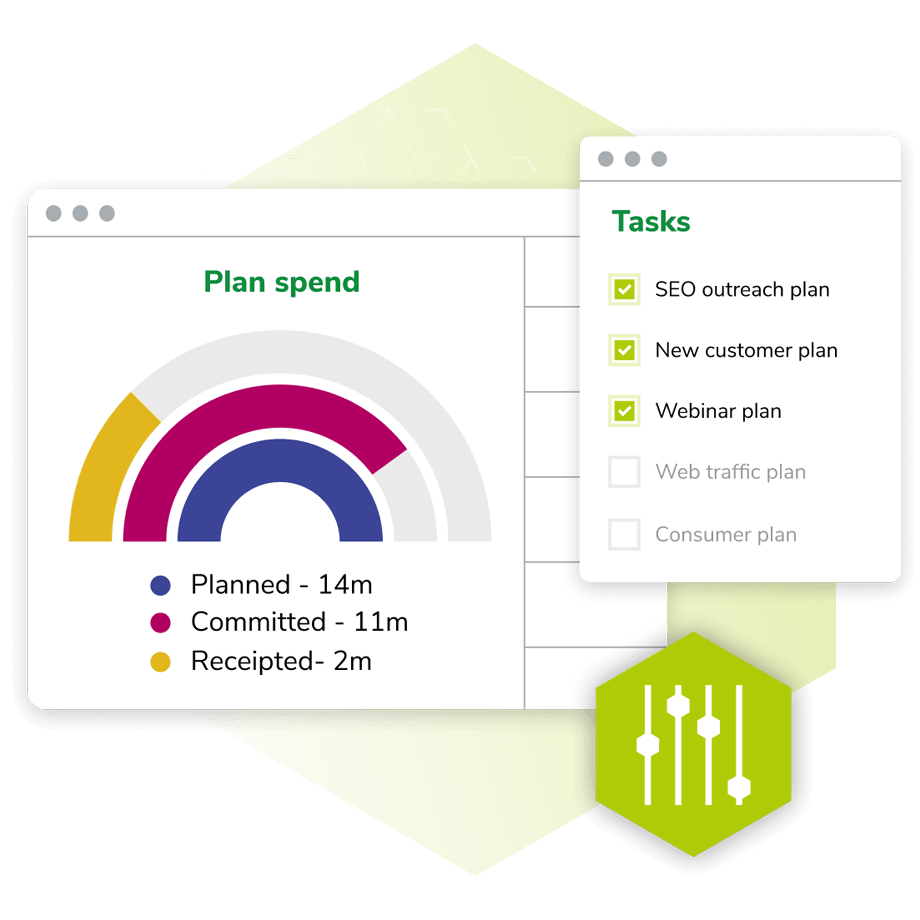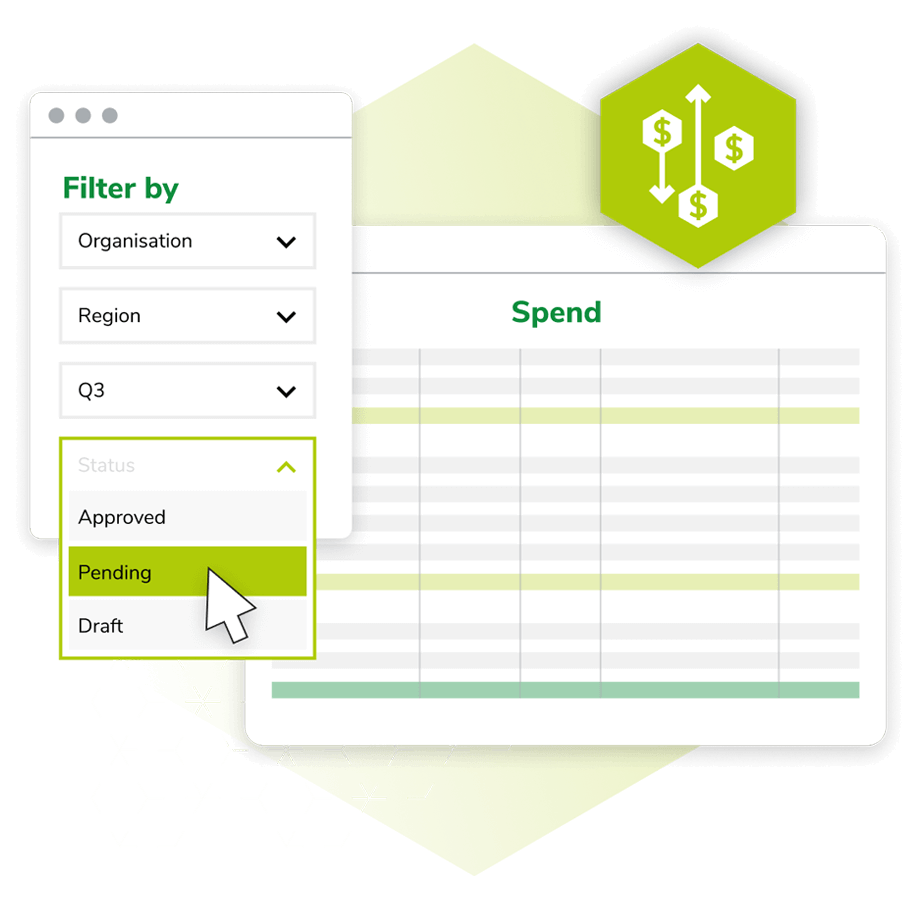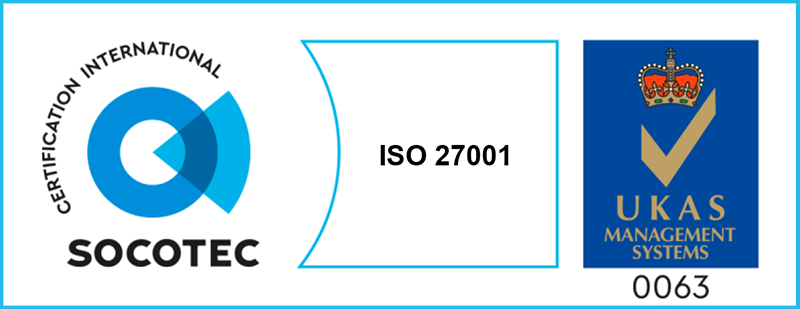5 Tips for Smarter Marketing Planning and Budgeting
As marketing budgets come under tighter scrutiny and expectations for ROI continue to rise, teams need to rethink how they approach planning and budgeting. Working harder is not enough. Working smarter is essential.

Modern marketing leaders are under pressure to deliver performance, stay agile, and maintain alignment with company goals. This requires more than spreadsheets and quarterly reviews. It demands a shift in how budgets are built, managed, and connected to outcomes.
Here are five strategies to help marketing teams plan and budget more effectively.
1. Break Down Silos
Marketing operations suffer when planning, budgeting, and performance tracking are handled in separate systems. Silos lead to misalignment, delays, and wasted effort. By centralizing these processes within a single platform, teams gain a holistic view of their plans and can make more informed decisions, faster. When marketing, finance, and leadership operate from a shared source of truth, collaboration improves and accountability strengthens.
2. Tie Budgets to Outcomes
A budget is not just a financial document. It is a strategic tool. Every investment should be linked to measurable outcomes that support corporate goals. This means moving beyond campaign-level metrics and thinking in terms of business impact. When teams adopt frameworks that tie spend to performance, it becomes easier to track ROI, defend budget decisions, and prioritize the work that matters most.
3. Collaborate with Finance
Strong alignment with finance is no longer optional. Marketing leaders who partner closely with finance and operations are better positioned to plan effectively, stay on budget, and build credibility. Real-time access to spend data and performance insights creates transparency and trust. It also allows for quicker decision-making and better resource allocation throughout the fiscal cycle.
4. Automate and Integrate
Manual budgeting processes slow teams down and introduce risk. With the increasing complexity of marketing execution, automation is essential. Integrated tools that combine budget controls, workflow management, and analytics reduce friction and eliminate duplicate work. By adopting smart technologies, teams gain agility, reduce human error, and free up time for strategic thinking.
5. Start Small, Scale Big
Transformation does not need to happen all at once. The most successful teams begin with small, impactful improvements that build momentum. Whether it's automating one report, consolidating one tool, or aligning one region's budget process, incremental progress adds up. Small wins help create buy-in, boost confidence, and lay the foundation for scalable change.
Modern Tools for a Smarter Approach
Platforms like Q:chi ) Harmoni are designed to help teams apply these principles effectively. Q:chi ) Harmoni brings marketing plans, budgets, and execution together into one intelligent platform. It offers real-time visibility, integrated reporting, and operational control that allows marketing teams to optimize resources and align with business strategy.
Published: 18th March 2024
Last Edited: 30th July 2025
Sign up for our newsletter and be first to read more




















